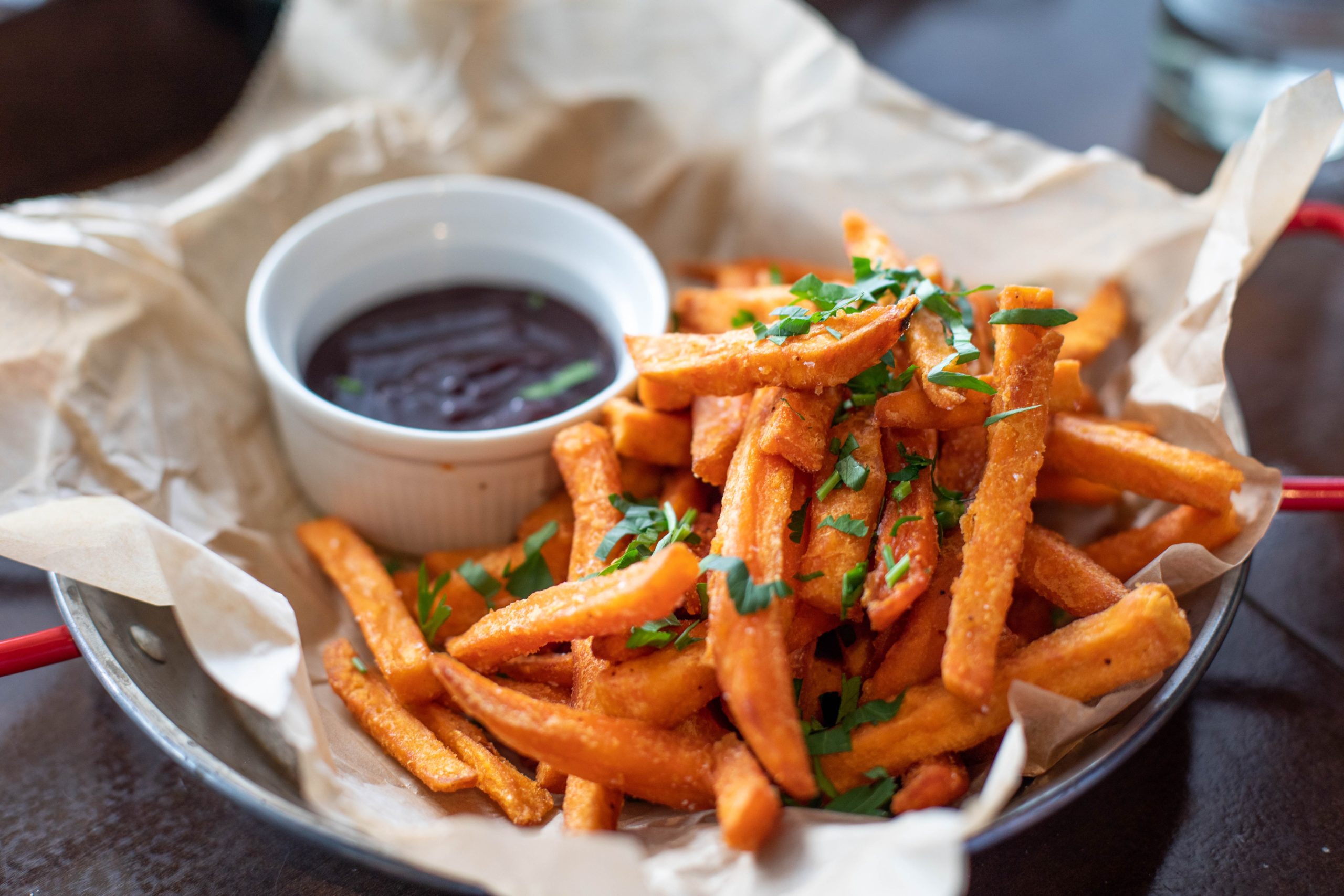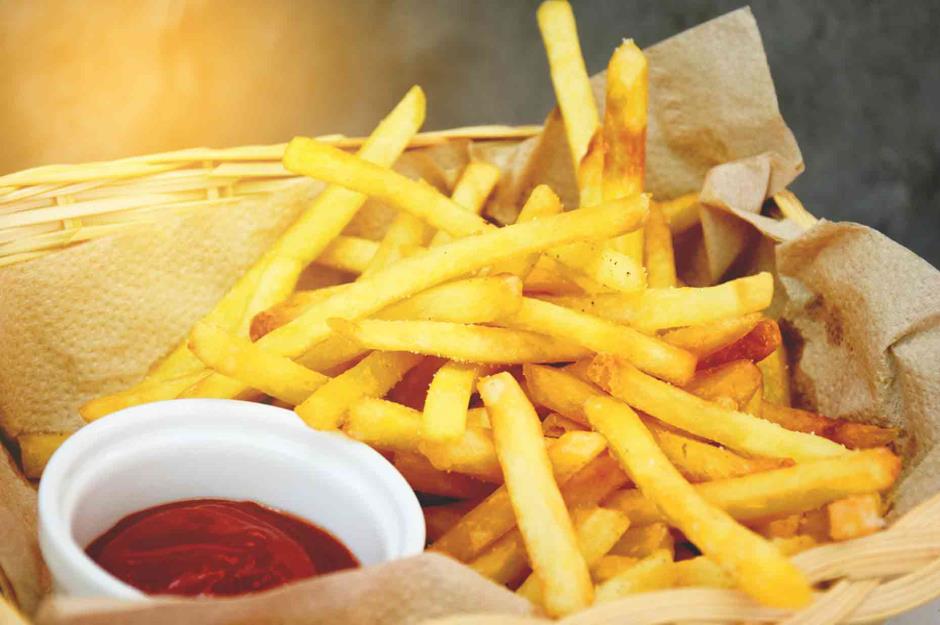
The Origins of French Fries
French fries are a staple food around the world, enjoyed by millions of people in fast-food restaurants, at home, and in fancy restaurants. These crispy, golden sticks of potato goodness are loved by many, but where did they come from? The origins of French fries are somewhat disputed, and there are a few different stories about how they came to be.

The Belgian Theory
One of the most common stories about the origin of French fries is that they were invented in Belgium. According to this theory, poor villagers in the Meuse Valley would fry small fish to eat during the winter when the river was frozen over. However, when the river was too frozen for fishing, they would cut potatoes into small, thin pieces and fry them instead. This practice eventually spread throughout Belgium and then to the rest of Europe and the world.

The French Connection
Despite their name, French fries may not actually be French. Some people believe that they were first made in France by street vendors who sold fried potatoes as a cheap and easy snack. However, others argue that the name "French fries" comes from the way the potatoes are cut, which is known as "Frenching."

The American Influence
No matter where French fries were invented, they have become an iconic American food. French fries are a common side dish in fast-food restaurants across the country, and Americans consume millions of pounds of French fries every year. In fact, the average American eats about 30 pounds of French fries each year.

The Evolution of French Fries
Over the years, French fries have evolved and taken on many different forms. Some people prefer thick-cut fries, while others like shoestring fries. Some people like their fries crispy and well-done, while others prefer them soft and fluffy. And then there are the many different sauces and toppings that can be added to French fries, such as ketchup, mayonnaise, gravy, cheese, and bacon.

The Perfect French Fry
So, what makes the perfect French fry? That is a matter of personal preference, but there are a few key factors to consider. First, the potato should be starchy and not too waxy. Russet potatoes are a popular choice for making French fries. Second, the fries should be cut into uniform pieces to ensure even cooking. Third, the oil should be hot enough to ensure that the fries are crispy on the outside and fluffy on the inside. Finally, the fries should be seasoned with salt immediately after frying.

The Global Love for French Fries
French fries are a beloved food around the world, and they have become a symbol of fast food and convenience. They are enjoyed in many different countries and cultures, and they have even inspired new dishes and culinary creations. Whether you prefer your fries plain or loaded up with toppings, there is no denying the popularity and appeal of this classic snack food.

The Final Verdict
So, where were French fries invented? While the origins of French fries are somewhat disputed, it is generally believed that they were first made in Belgium. However, the popularity and evolution of French fries have taken them far beyond their humble beginnings, and they are now enjoyed by people all over the world.

Meta Description
Discover the origins of French fries and learn about their evolution from humble beginnings to beloved snack food around the world. Explore the different theories about where French fries were invented and find out what makes the perfect French fry.
Meta Keywords
French fries, origin, Belgium, France, American, evolution, perfect fry, global love